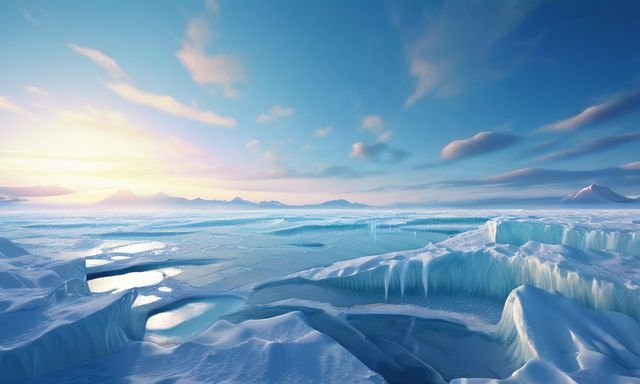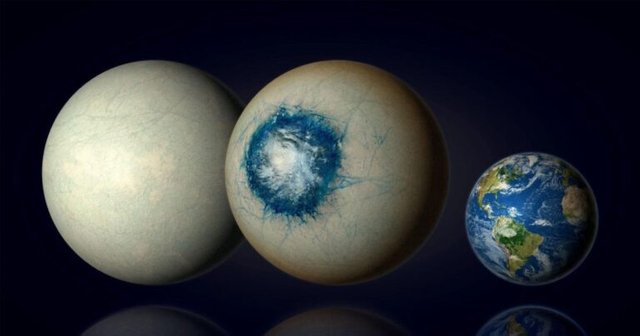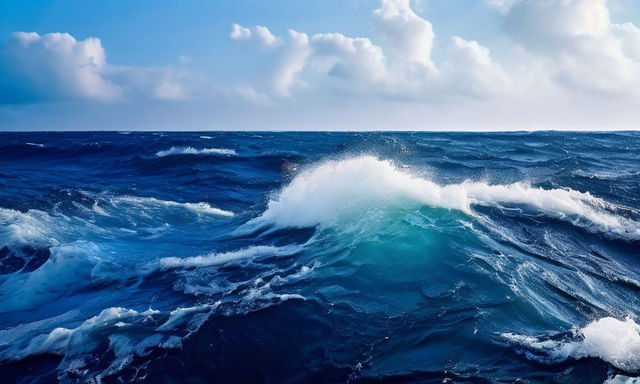A very promising new exoplanet.
A very promising new exoplanet.

A team of researchers from the University of Michigan has identified a temperate exoplanet, as a promising world of ice or water with super-Earth characteristics, LHS 1140 b.

Souce
The data with which this study has been carried out has been thanks to the James Webb space telescope, data that was collected in 2023. But other data has also been added to have a more complete picture of this world thanks to the Spitzer, Hubble, and TESS with them have managed to solidify this result that has been published in a scientific journal.

These things do not go as fast as we would like, we have to analyze, we have to review the data, we have to make observations again to confirm what has been seen previously and compare all the data to be sure of the statement, but it would be a news, in the end it would not be 100% confirmation that we have found life, it would be necessary to get there, but we would be at 95%, because it would mean that we have found a planet in the habitable zone, a planet with water and a planet that It produces or has in its atmosphere a type of gas that is only produced by living beings, at least those we know here on Earth and also living beings that inhabit the Earth's oceans.
The images without reference were created with AI
Thank you for visiting my blog. If you like posts about #science, #planet, #politics, #rights #crypto, #traveling and discovering secrets and beauties of the #universe, feel free to Follow me as these are the topics I write about the most. Have a wonderful day and stay on this great platform :) :)